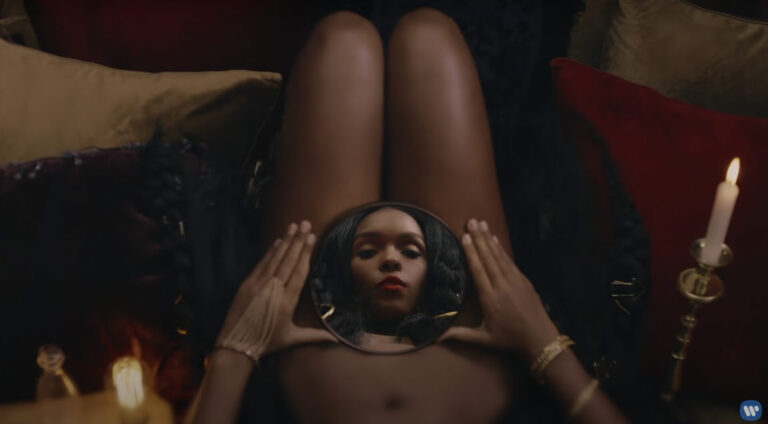In this article, I use alter egoing as a heuristic, a method for solving the problem of the evolving alter egos of Black women in popular music. When alter egos are analyzed through this lens, the refashioning of artistic imaginaries become legible as intellectual labor. The intellectual labor that Janelle Monáe primarily provides are critiques of notions of womanhood and Blackness in the United States. I understand Monáe’s alter egoing as a reaction to the affective political strategies mobilized in US electoral politics. Former President Barack Obama developed an affective strategy based on his personal brand of optimism, first presented in his book The Audacity of Hope (2006). He developed his signature optimistic politics while he was a senator and he continued to promote his “audacious hopefulness” into his 2008 presidential campaign. Former President Donald Trump’s 2016 presidential campaign also utilized an affective political strategy, as he rallied his supporters around culturally white (male) nostalgia with the cry, “Make America Great Again.” I track the affective evolution of Monáe’s alter egoing from pessimism to optimism in the context of the anti-Black populisms of the post-Obama era (2016–), culminating in a close reading of her 2018 album, Dirty Computer. In identifying Monáe’s troubled relationship with notions of normative identity through her first alter ego, I evaluate the relevance of posthumanism and Afrofuturism, which scholars have used to critique American notions of race, gender, and sexuality. In analyzing the shift in affect from her first alter ego to her most recent, I detect in Monáe’s alter egoing a critical optimism, a disidentifying strategy that begins to take shape in Dirty Computer.
Randy Martin Prize
Dr. Randy Martin (October 5, 1957 – January 28, 2015) was a professor of Art and Policy at New York University’s Tisch School of the Arts. The Cultural Studies Association created the Randy Martin Prize in his honor for the best student paper presented at the annual CSA conference. The winning paper may deal with any aspect of cultural studies, but should reflect the robust interdisciplinary perspective and historical materialist approach so central to the scholarship of the late Randy Martin.
Political Power and the Industrial Development of Cultural Artifacts in China
With national policy support on industries that produce cultural goods and artifacts, Chinese industries have developed quickly in recent decades. Some cities and their industries are led by the central government, while others are led by the local government. In this paper, the author uses ceramic industry clusters in Jingdezhen city (central-led) and Longquan city (local-led) as a comparative study to illustrate the political power relations of government-led cultural artifact industry development in China. In sum, the excessive emphasis on political hierarchy and centralized control of production management will weaken the cultural essence of the local cultural artifacts. The localized government-led development strategy is positive to preserve the cultural essence and design a befitting local industry development strategy in Chinese cities.
License to Extract: How Louisiana’s Master Plan for a Sustainable Coast is Sinking It
This article explores the deployment of Louisiana’s highly touted $50 billion, fifty-year Master Plan for a Sustainable Coast, which is often characterized as saving Louisiana’s Working Coast of disappearing marshlands that are home to several major industry sectors, along with migratory flyways, seafood estuaries, and two million residents. As a concept, the Working Coast attempts to signify the importance of Louisiana’s coastal zone to the nation’s economy in order to justify expensive restoration projects. By complicating the euphemism and the extractive logic it signifies, I hope to show that the state’s current approach to slow the disappearance of its coastline in fact rationalizes the very practices sinking it. The Working Coast reifies the state’s fragile marshlands through metrics that can only be realized through continued extraction.
Doing What You Love in the Age of Mass Debt
This paper examines the relationship between student debt and the changing terrain of work in U.S. culture, while attending to how these shifts mark a specifically gendered, racialized phenomenon. Drawing on the AAUW’s 2017 report on student debt, this paper examines the figure of the fashion intern in order to think about how the gender and racial inequities in student debt collude with what Angela McRobbie terms ‘the feminization of work’ to effect a gendered, racialized form of indebtedness. I assert that the ‘do what you love’ ethos described by Miya Tokumitsu contributes to the proliferation of feminized work in the culture industries, such as fashion, and the perpetuation of racial exclusivity within the industry.



